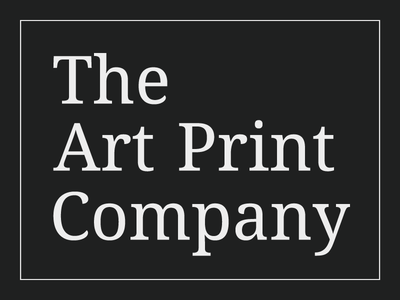Charlie Chaplin Barbers - Movie Wall Art Wrapped Frame Canvas Print
WRAPPED FRAMED CANVAS
Printed using only high quality inks on gallery grade 280 GSM fine art canvas. Mounted on a hard backed sturdy frame (4cm deep) and finished with a smooth matte finish to ensure a sharp vibrant image.Orders dispatched the next working day. Estimated UK delivery 1-2 days, international 8-10 working days or less.
Charlie Chaplin Barbers - Movie Wall Art
"The Great Dictator" is a cinematic masterpiece written, directed, and starred in by the legendary Charlie Chaplin. Released in 1940, this film marked Chaplin's transition to full sound and is renowned for its bold satirical take on Adolf Hitler, fascism, and the political climate of its time. In the film, Chaplin assumes dual roles, a testament to his versatility and creative genius.
On one hand, he portrays Adenoid Hynkel, a fictional dictator clearly modelled after Hitler. Hynkel's character embodies the absurdity and danger of totalitarianism, delivering bombastic speeches and promoting militaristic aggression. Chaplin, with his impeccable comedic timing, uses Hynkel to satirize the real-world political figures he sought to criticize.
On the other hand, Chaplin plays a Jewish barber, a compassionate and unsuspecting character who served in World War I. Through a series of mistaken identities, this barber finds himself entangled in the political machinations of Tomainia, a fictitious country representing the broader context of pre-World War II Europe. The barber's innocence and good-hearted nature provide a stark contrast to the oppressive regime depicted in the film.
The narrative unfolds as the Jewish barber navigates the perilous environment of Tomainia, inadvertently challenging the oppressive rule of Hynkel. The film's highlight is the iconic barbershop scene, where the Jewish barber, mistaken for Hynkel, engages in a symbolic and powerful interaction with the dictator. This scene is a poignant commentary on the shared humanity that transcends political ideologies.
"The Great Dictator" is not merely a satirical comedy; it's a profound and timely commentary on the perils of totalitarianism, anti-Semitism, and the importance of humanity. Chaplin's bold decision to use his comedic prowess to address such weighty issues showcases his commitment to social and political commentary through the powerful medium of film. The film remains a classic, reminding audiences of the enduring impact of Chaplin's artistic legacy and his ability to provoke thought while entertaining.





